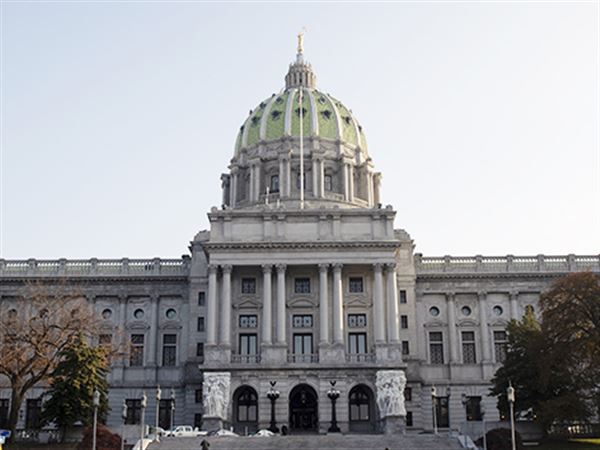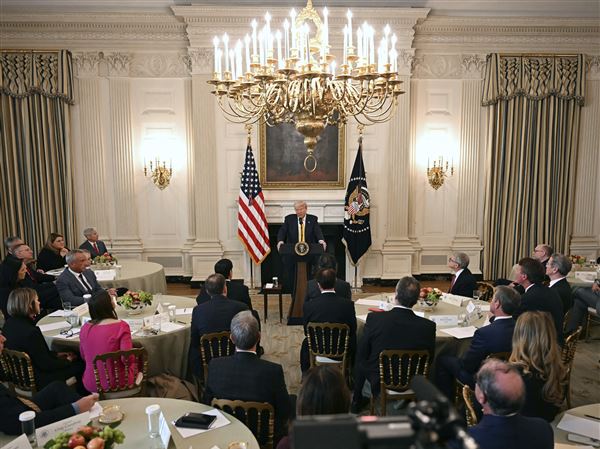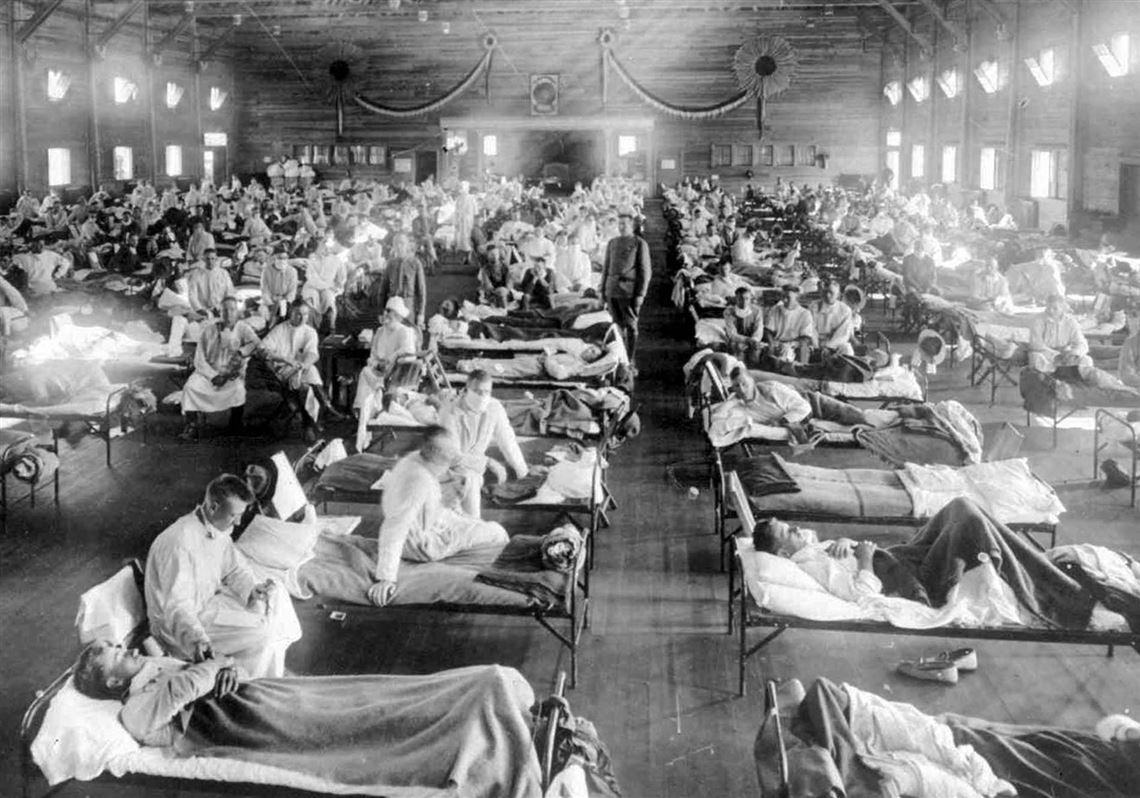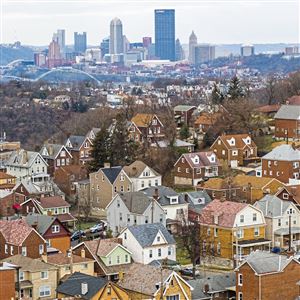Front-page stories in The Gazette Times a century ago covered multiple Allied victories during what became the last weeks of World War I. But while the war in Europe was winding down, southwestern Pennsylvania and the world were facing another deadly enemy.
“Toll of Death by Influenza Is Increasing” the newspaper reported on Oct. 21, 1918. Deaths in Pittsburgh from flu and flu-related pneumonia totaled 124 during a 25-hour period, the story said. That number represented a 70 percent increase from the previous day. It “showed the tide of the influenza epidemic to be rising rapidly.”
The Centers for Disease Control and Prevention estimates that about 500 million people around the world were infected by the flu virus between the spring of 1918 and the summer of 1919. The CDC estimates that at least 50 million died, including 675,000 in the United States. October was likely the deadliest month with more than 100,000 Americans dying.
One of those local casualties was a 22-year-old nurse working at what was then called Magee Hospital. Josephine Hammond was among the nursing staff caring for 258 soldiers. They were being treated in what had been founded in 1911 as a women’s hospital. A graduate of Magee’s nursing school, Hammond had volunteered 10 days earlier to work with flu patients. “A week ago she was stricken and did not rally,” The Gazette-Times reported. “Her home was in Chambersburg, Pa., and her father, who had been in the city several days, took her body there … for burial.” The Gazette Times described her as “a martyr to duty.”
The outlook was better for other medical personnel affected by the flu. “Eighteen other nurses who are ill of the disease in the hospital are getting along nicely,” the newspaper said.
Medical professionals also would be getting aid from another quarter. “The Mothers of Democracy … held a meeting and decided to furnish nurses and any other possible help in combating influenza.”
The region’s 66 “Mothers of Democracy” chapters had played a major role in selling “Liberty Loan” bonds to finance U.S. participation in the war effort. “Although not trained nurses, most of them as mothers of families have had considerable experience in caring for the sick,” the story said.
The seriousness of the flu epidemic was brought home in a sidebar story. Federal authorities were urging hospitals nationwide to postpone surgeries “unless absolutely necessary to save life.”
Len Barcousky: lbarcousky@gmail.com. Mr. Barcousky will give a free talk about his book “Hidden History of Pittsburgh” at 1 p.m. Nov. 3 at the Cooper- Siegel Community Library in Fox Chapel.
First Published: October 21, 2018, 4:00 a.m.















